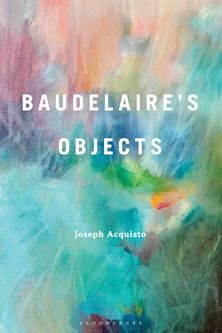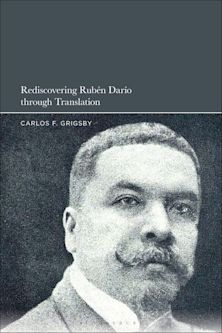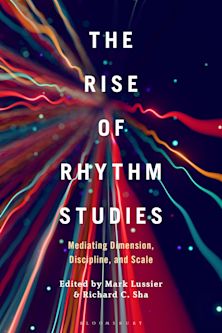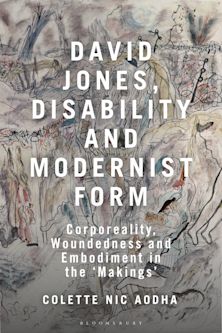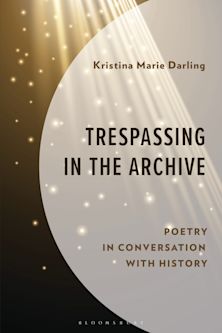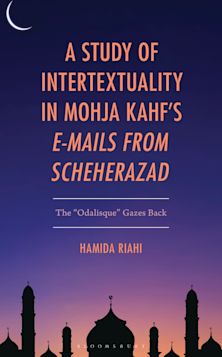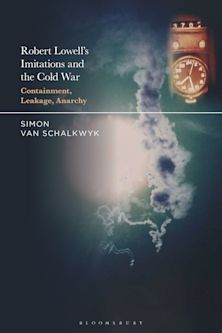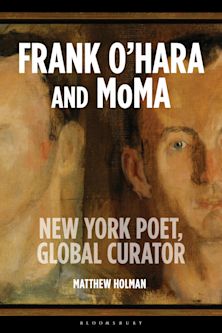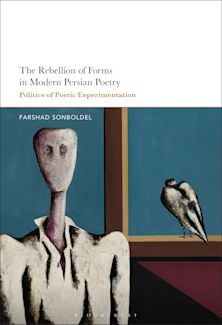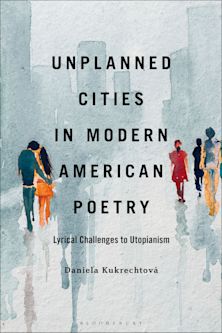Speculative Poetry and the Modern Alliterative Revival
A Critical Anthology
Speculative Poetry and the Modern Alliterative Revival
A Critical Anthology
Description
2025 Mythopoeic Scholarship Award Finalist for Myth and Fantasy Studies
If a literary movement arises but no one notices, is it still a movement? In Speculative Poetry and the Modern Alliterative Revival: A Critical Anthology, Dennis Wilson Wise argues that the answer is “yes.” Over the last ten decades, poets working in fantasy, science fiction, and horror have collectively brought forth a revival in alliterative poetics akin to what once happened in the mid-fourteenth century. Altogether, this anthology collects for the first time over fifty speculative poets-several of whom are previously unpublished-from across North America and Europe. Alongside such established names as C. S. Lewis, Patrick Rothfuss, Edwin Morgan, Poul Anderson, Jo Walton, P. K. Page, and W. H. Auden, this anthology includes representative texts from cultural movements such as contemporary neo-Paganism and the Society for Creative Anachronism. A lengthy critical introduction by the editor-written accessibly for a general audience-explains and contextualizes the Modern Revival for critics and readers alike, and extensive footnotes offer aids to anyone new to medieval history or Norse mythology. Overall, this indispensable anthology-the first major academic book to focus on speculative poetry-establishes where the medieval meets the modern in the hitherto unrecognized Modern Alliterative Revival.
Table of Contents
C. S. LEWIS
JOHN D. NILES
FLETCHER PRATT and L. SPRAGUE DE CAMP
JOHN MYERS MYERS
POUL ANDERSON
AVRAM DAVIDSON
L. SPRAGUE DE CAMP
EDWIN MORGAN
DARRELL SCHWEITZER
PAUL EDWIN ZIMMER (A)
ROBERT A. COOK
DIANA L. PAXSON
Part II: Society for Creative Anachronism
ANNE ETKIN
PAUL EDWIN ZIMMER (B)
JERE FLECK
BARCHAN THE KIPCHAK
PETER N. SCHWEITZER
DAVID FRIEDMAN
RON SNOW
SANDRA B. STRAUBHAAR
CHRISTIE WARD
FRIDA WESTFORD
JOHN RUBLE
MARY K. SAVELLI
ANA KEVENEY
LEIGH ANN HUSSEY
BETH MORRIS TANNER
DANIEL MARSH
ROBERT CUTHBERT
M. WENDY HENNEQUIN
Part III: Later Revivalists
MARCIE LYNN TENTCHOFF
JAMES DORR
JO WALTON
MICHAEL R. COLLINGS
FRANK COFFMAN
PAUL DOUGLAS DEANE
ADAM BOLIVAR
MICHAEL MCAFEE
JOSHUA GAGE
PATRICK ROTHFUSS
RAHUL GUPTA
MARY ALEXANDRA AGNER
MIKE BIERSCHENK
MICHAELA MACHA
MATH JONES
Part IV: Speculative Adjacent Poems
JAMES BLISH
P. K. PAGE
GEORGE JOHNSTON
EARLE BIRNEY
W. H. AUDEN
C. DAY-LEWIS
JOHN HEATH-STUBBS
CARTER REVARD
FRED CHAPPELL
MATTHEW DICKERSON
Appendices
Appendix A: Letter to the Editor of Star*Line, by Steve Rasnic
Appendix B: Metrical Essay on Three Alliterative Traditions
Appendix C: “The True Critics,” by Paul Edwin Zimmer
Appendix D: A Selected Bibliography
Product details
| Published | Dec 08 2023 |
|---|---|
| Format | Ebook (PDF) |
| Edition | 1st |
| Extent | 426 |
| ISBN | 9781683937890 |
| Imprint | Fairleigh Dickinson University Press |
| Illustrations | 2 b/w illustration |
| Publisher | Bloomsbury Publishing |
Reviews

ONLINE RESOURCES
Bloomsbury Collections
This book is available on Bloomsbury Collections where your library has access.













